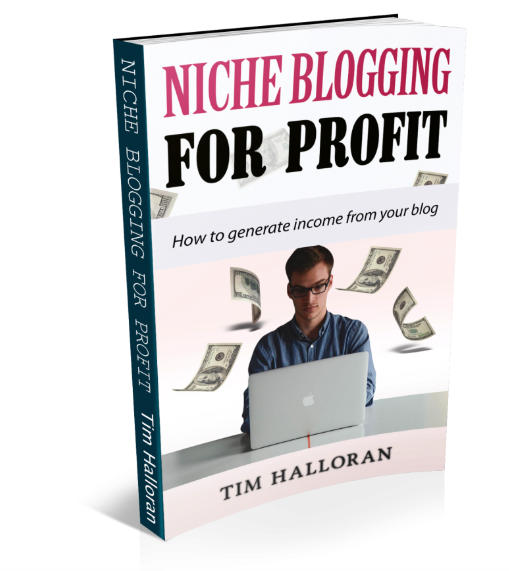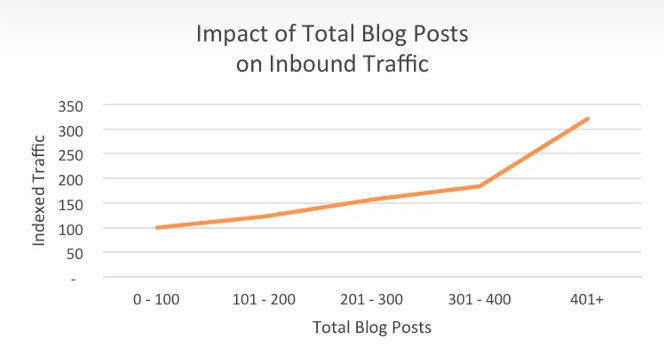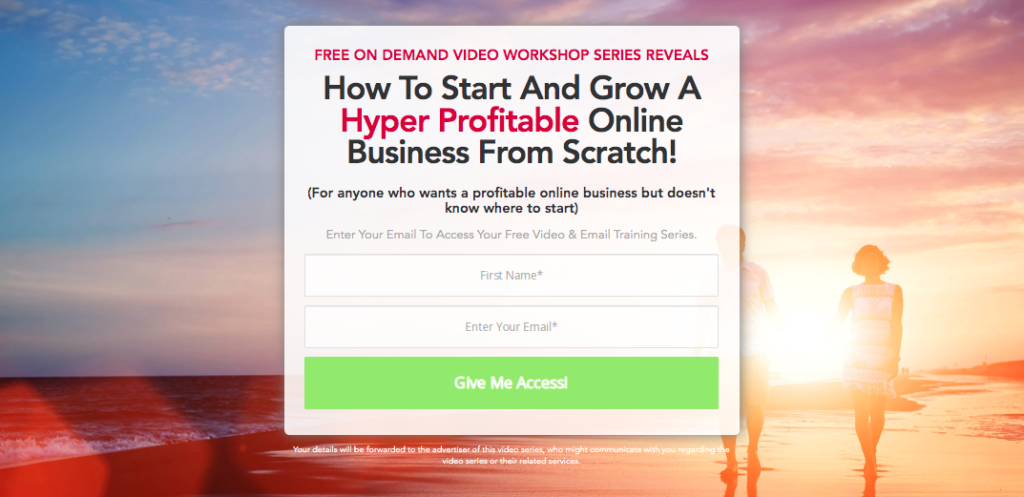How many blogs should you post a month? Generally speaking the more blogs you post the better it is for the SEO (search engine optimisation) of your site. But that’s not the full story though because it also depends on the quality and readability of your posts. Bad quality content can do more harm than good for your site. So freelancers peanuts to write as many articles as possible will seldom have the effort desired. If readers bounce from content it is a sure fire signal to search engines that the content is bad!

The best advice then is to write as often as possible while maintaining a high standard. For some this might be three or four times a week but if you can do more then you should. The key is to remain consistent with blogging, whether that’s once a week or several times a week. Google rewards consistency over time, so it’s a good idea to install a good blogging habit which you can maintain. If you’re going to struggle maintaining writing a post every day, cut back and choose a level which is sustainable for you over the longer term.
As a minimum, many say blogging 2 to 4 times per week is a good standard to increase the traction from SEO on your site.
How Many Blogs Should You Post A Month – Promotion
Blogging alone might also not produce the results you desire either. If you’re blogging in a particularly competitive area, it’s going to take longer to get traction from the search engines. But you can give your content more chance by promoting it yourself, which you should definitely do. There’s many ways you can promote your blog posts. Here’s a few strategies:
- Share on social media profiles manually
- You can get plugins to help you with this too such as social share icons placed on your site
- Revive Old Posts is a social share plugin which shares your new and old content automatically throughout social media sites.
- Guest blogging – write content for other bloggers in exchange for links back to your site
- Blog commenting – another form of link building which helps both immediate traffic and SEO
- Push engage is a plugin which lets you offer visitors the option to “opt in” to notifications of your newer blog posts as your publish them
- Email marketing – offer an option on your blog to sign up for email notifications which can be used to lead people back to newer content
- PPC – pay per click advertising can be used to help you get more readers, which will naturally lead to more shares and links, particularly if your content is share-worthy. Dynamic ads are good for bloggers and can be used to find targeted searches.
How Long Before I Get Free Traffic?
The number of blogs you publish in any given month is just one indication to Google as to the authority of your site. There’s many other signals too which it uses to determine how (and if) to rank your content on the SERPS – Search Engine Results Pages:
- Backlinks – how many you have from other sites in your niche, their quality and authority and the “natural-ness” of your link profile.
- Time spent on site – the interaction of your visitors tells Google a lot about how your content is received.
- Length of blog posts and SEO – generally the longer your posts are the better. Use an SEO plugin to help you write them for the best results (e.g. Yoast SEO)
- Website authority – determined by many factors including domain age, backlinks, content, etc.
- Number and quality of posts and consistency of content

Summary
Generally speaking the more blogs you post the better, although you should aim to keep the quality of your content high. If posting too often means you lose the quality, you should choose a strategy which lets you do both. Ideally start with a single post a week and aim to gradually increase the frequency over time. Once you’re comfortable with blogging as a habit, you’ll get better at it and be able to create more content while maintaining the quality.
If you’re planning on paying a freelancer to write blog posts for you for next to nothing, just remember you get what you pay for! Search engines can determine whether people are reading and digesting your content. So if your content is bad, they will know and your results will be reflected in this.
Ideally start blogging at a rate which is manageable for you and sustainable over the longer term. Your results will depend not only on the amount of content you create, but also the quality and your ability to promote it successfully.
